SEBA Class 6 Science (English Medium) Lesson 5 – “Electricity and Circuits” Summary & Solutions
Looking for SEBA Class 6 Science (English Medium) Lesson 5 – “Electricity and Circuits” solutions? At Ospin Academy, we provide detailed NCERT-based textbook answers, multiple-choice questions (MCQs), and a complete chapter summary to help students in Assam prepare for their exams.
📖 Chapter Overview:
Electricity plays a crucial role in our daily life. This chapter explains how electrical circuits work and their applications, with examples from Assam’s rural and urban areas.
- What is Electricity? Understanding electrical energy
- Electric Circuits: Components like battery, wire, bulb, and switch
- Conductors and Insulators: Materials that allow or block electricity
- Examples from Assam: – Use of solar panels in rural Assam – Hydroelectric power from the Subansiri Dam – Traditional hand generators used in villages
- Importance in Daily Life: Electricity in homes, schools, industries, and transport
📌 Key Topics Covered:
- ⭐ What is an electric circuit?
- ⭐ How do conductors and insulators work?
- ⭐ How is electricity produced in Assam?
- ⭐ What happens when a circuit is broken?
- ⭐ Why are fuses important in electrical circuits?
📝 Why Use Our Solutions?
- ✅ Exam-Oriented Solutions: Fully NCERT-aligned answers for Class 6 Science Lesson 5 (Part 2)
- ✅ MCQs & Extra Questions: Prepare better with objective-type questions
- ✅ Concept Clarity: Well-explained answers with examples from Assam to help students relate to real-life applications
- ✅ Quick Revision Notes: Summarized notes for last-minute SEBA exam revision
Start learning SEBA Class 6 Science (English Medium) Lesson 5 – Electricity and Circuits with Ospin Academy’s step-by-step solutions, specially designed for students in Assam!
Class 6 Science (English Medium) PDF Solutions 2025-26 | SCERT Assam
Download the Class 6 Science SCERT Assam (English Medium) PDF for SEBA Assam students. Get the latest NCERT-based textbook, chapter-wise solutions, MCQs, short and long-answer questions, and important revision notes. This SEBA Class 6 Science Book PDF covers Physics, Chemistry, and Biology, helping students prepare effectively for exams.
Exercise |
|---|
1. Fill in the Blanks:
(a) A device that used to break an electric circuit is called……………
Ans: Switch.
(b) An electric cell has ……………….. terminals.
Ans: Two.
2. Mark ‘True’ or ‘False’ for the following statements:
(a) Electric current can flow through metals.
Ans: True.
(b) Instead of metal wires, a jute string can be used to make a circuit.
Ans: False.
(c) Electric current can pass through a sheet of thermo Col.
Ans: False.
3. Explain why the bulb would not glow in the arrangement shown in Fig 12 .13.
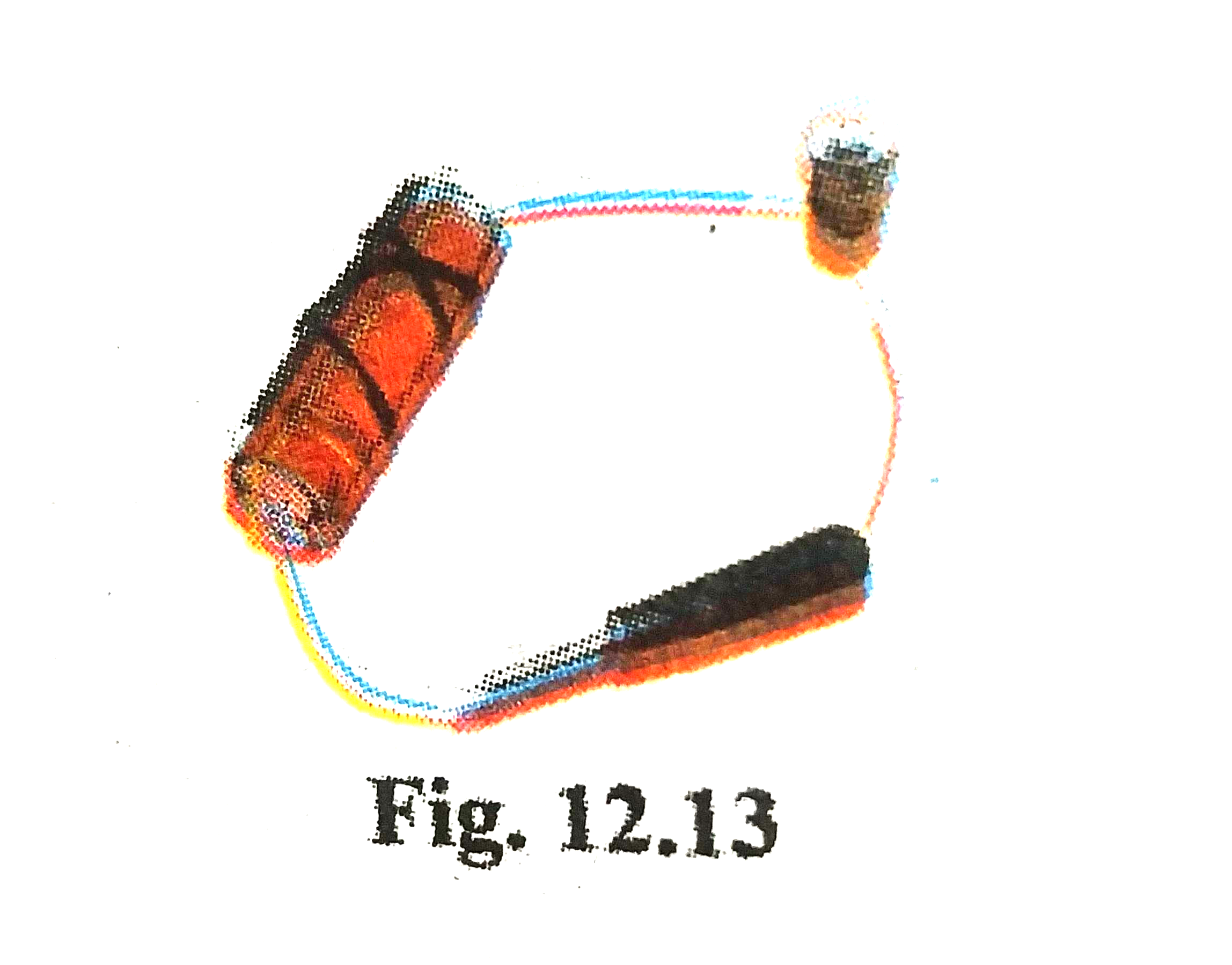
Ans: The bulb would not glow in the arrangement because the circuit is not complete due to the presence of an insulator in the center.
4. Complete the drawing shown in Fig 12. 14 indicates where the free ends of the two wires should be joined to make the bulb glow.
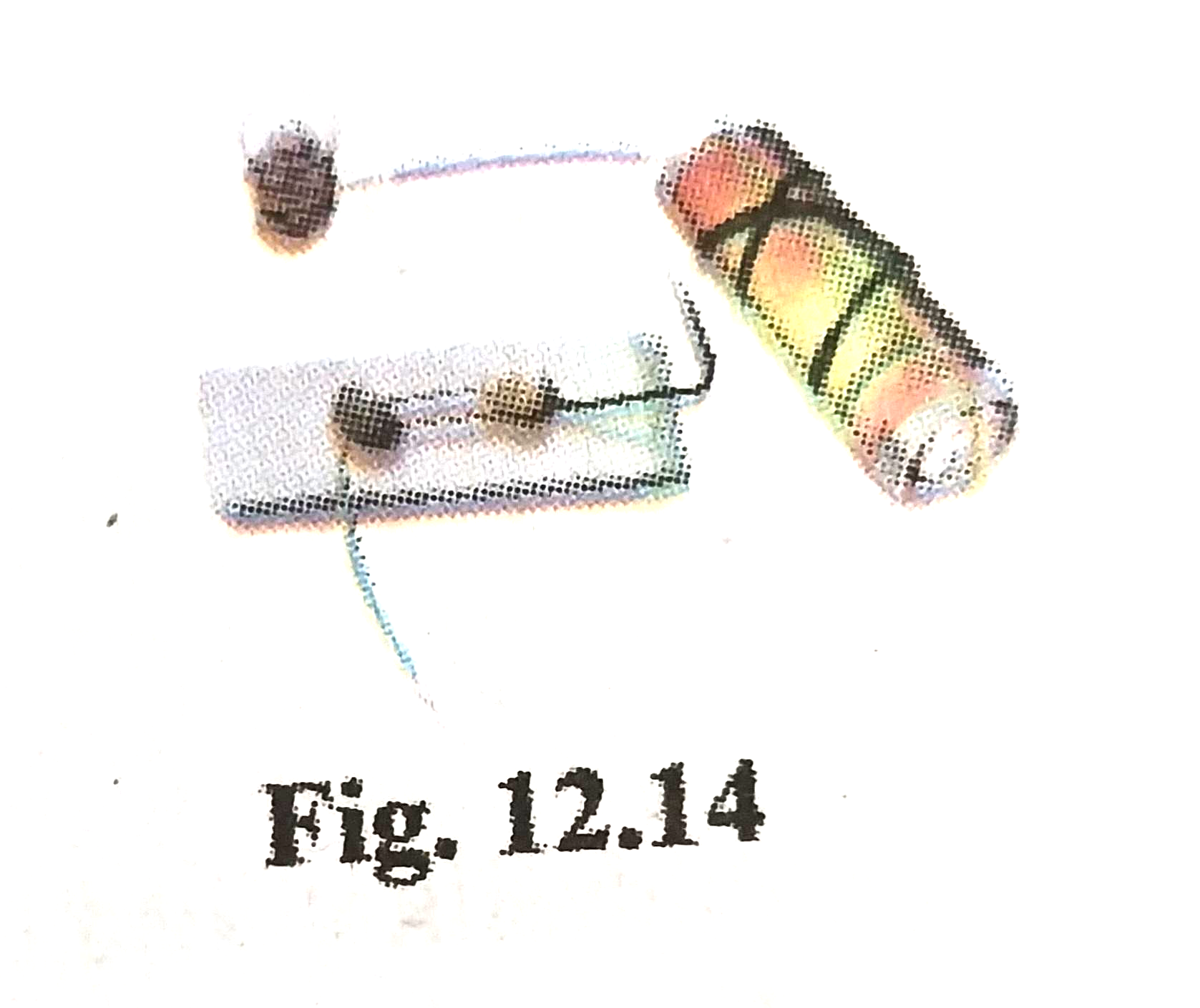
Ans:
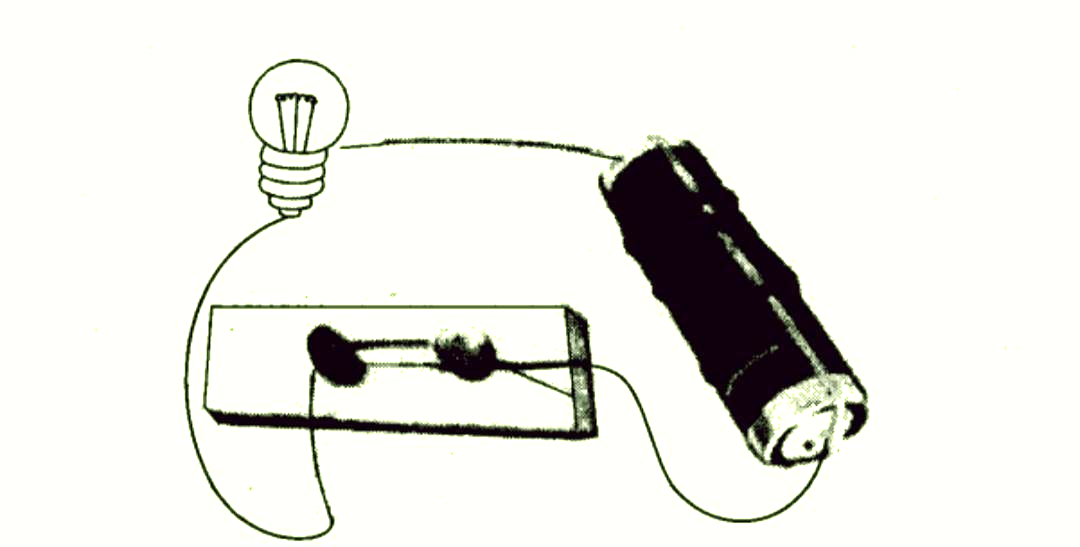
5. What is the purpose of using an electric switch? Name some electrical gadgets that have switches built into them.
Ans: The purpose of using an electric switch is to complete or break the circuit.
Some electrical gadgets that have switches built into them are: television, fans, refrigerator, electric cookers etc.
6. Would the bulb glow after completing the circuit shown in Fig 12.14 if instead of a safety pin we use an eraser?
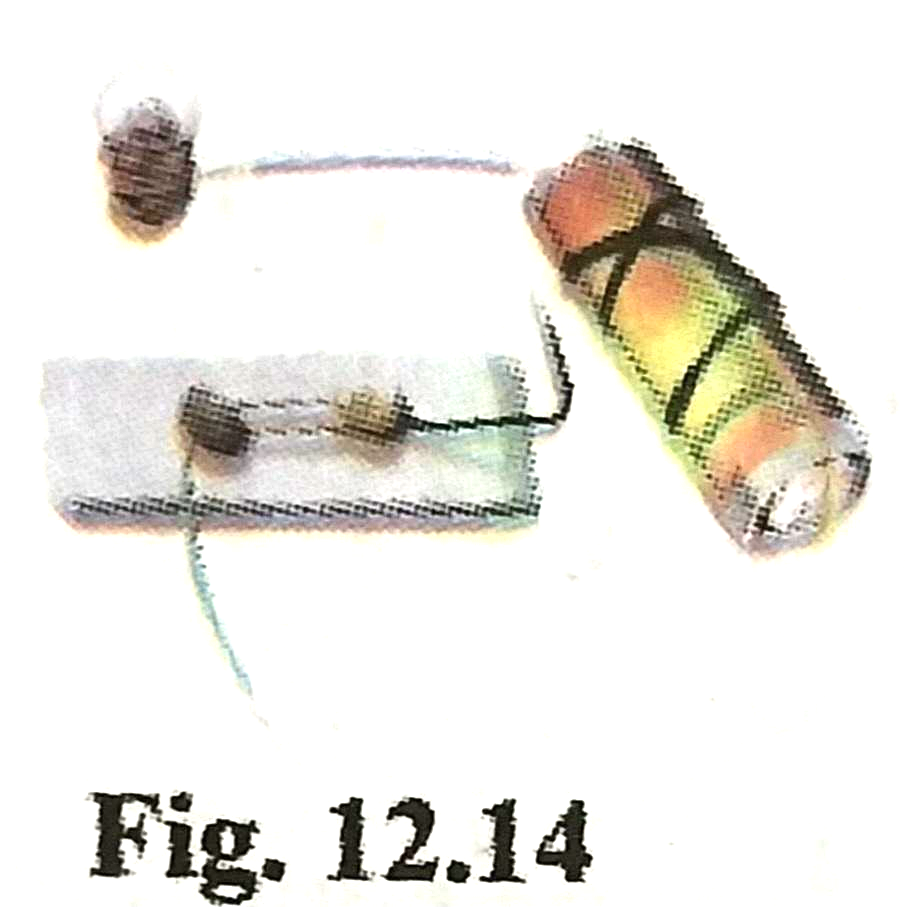
Ans: No, the bulb does not glow.
7. Would the bulb glow in the circuit shown in Fig 12. 15?
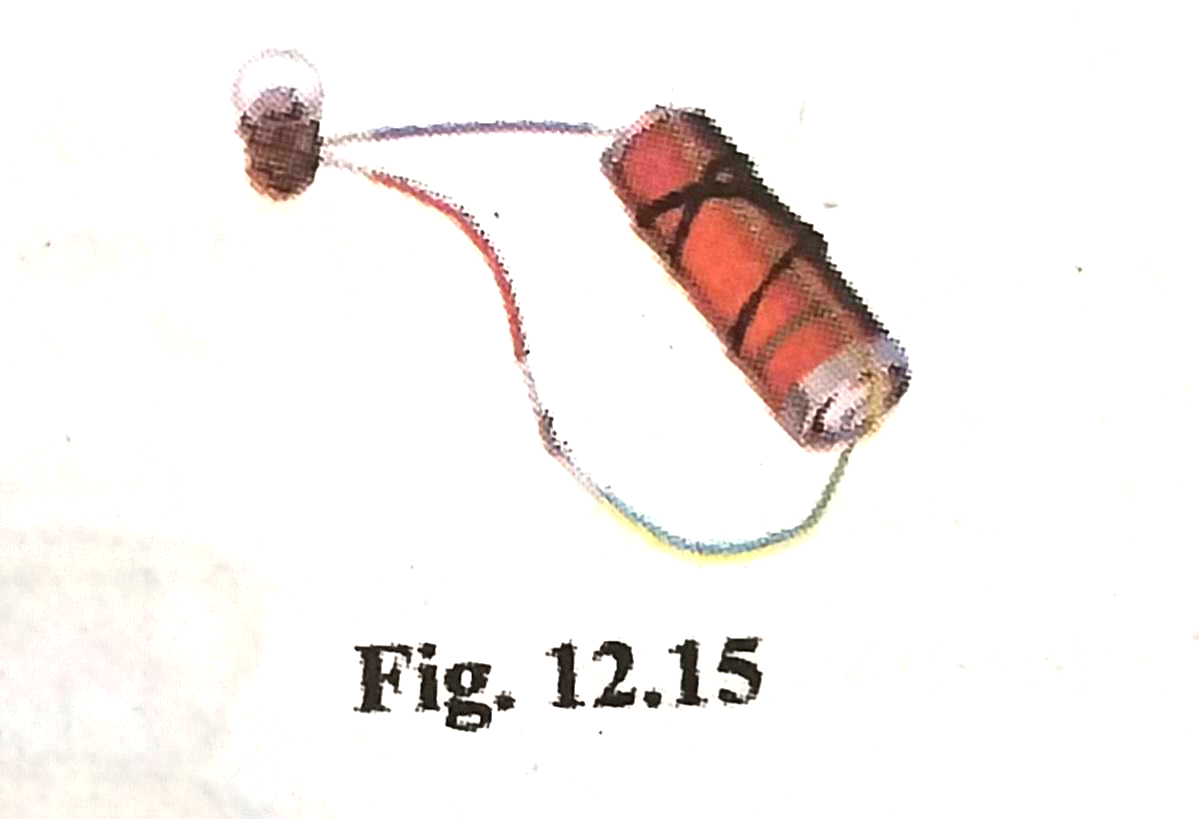
Ans: No, the bulb does not glow in the circuit shown in Fig 12.15.
8. Using the “conduction tester” on an object it was found that the bulb begins to glow. Is this object a conductor or an insulator? Explain.
Ans: The object is a conductor because current will pass through the conduction tester and the bulb will glow. The bulb glows only when the conductor is used but not when the insulator is used.
9. Why should an electrician use rubber gloves while repairing an electric switch at your home? Explain.
Ans: An electrician uses rubber gloves while repairing an electric switch at our home because rubber gloves are used as insulators. This protects electricians from avoiding electric shocks.
10. The handles of the tools like screwdrivers and pliers used by electricians for repair work usually have plastic or rubber covers on them. Can you explain why?
Ans: The handles of the tools like screwdrivers and pliers used by electricians for repair work usually have plastic or rubber covers on them because rubber and plastic are a poor conductor of electricity. It does not allow current to pass through it. This protects them from electric shocks.
SEBA Class 6 Science Lesson 5 – Electricity and Circuits FAQs
✔️ Insulators: Do not allow electricity to pass (e.g., rubber, plastic).
Get Free NCERT PDFs
If you want to download free PDFs of any chapter, click the link below and join our WhatsApp group:

